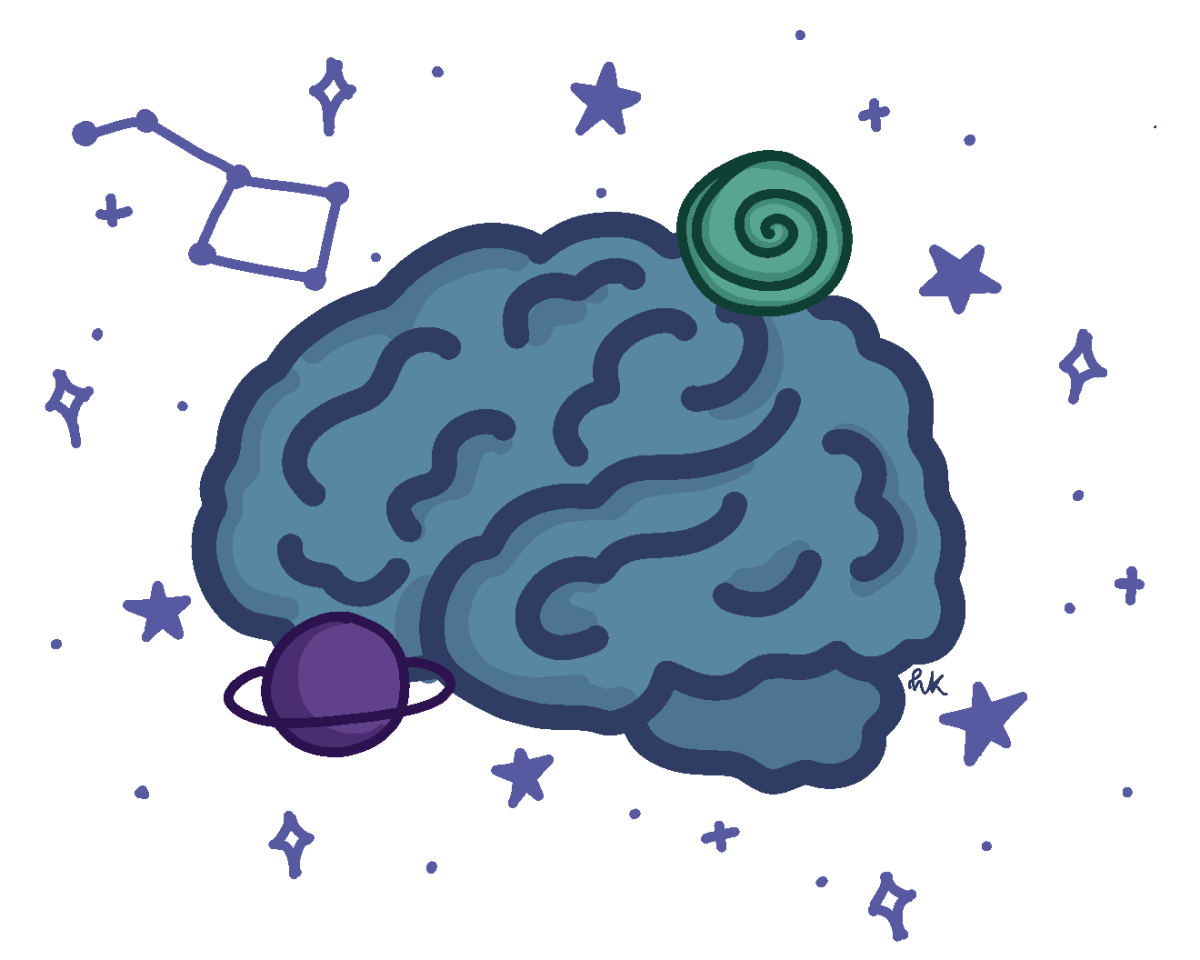Seattle University’s Counseling and Psychological Services (CAPS) structure has primarily revolved around providing one-on-one mental health counseling to students, but in response to expressed difficulty of finding community on campus, CAPS will be offering a new resource called “Connections.”
Led by licensed clinicians, “Connections” will offer a handful of mental health groups that can provide extra support for students with specific needs or experiences. BIPOC, first-generation, and undocumented student groups are a few focus areas that will be offered, with additional groups forming in winter quarter.
“Those are some of the themes that we heard last year,” Director of CAPS Danie Eagleton said. “We’ve heard a lot about people having difficulty around [a] sense of belonging and feeling connected, so we wanted to do something specific around that.”
New programs, workshops and presentations are all part of CAPS’ plan to respond to student feedback. To access these resources, students can contact CAPS expressing an interest in a certain group, after which they will complete a screening.
Hannah Kuhnhausen, a third-year design major, talked about how creating a sense of belonging benefits students’ well-being.
“I think that finding a place on campus where you feel like you belong or that there are other people like you is important when you’re first figuring everything out,” Kuhnhausen said.
They are involved in multiple clubs and organizations such as Fashion Club, which helps them stay connected to their community here at Seattle U. CAPS hopes that Connections can provide a similar space to clubs by connecting students who share commonalities while also specifically providing mental health support, as individual settings can be more difficult for some students.
Alongside Connections, CAPS also provides support through Redhawk Thrive, a workshop operating every other week, specifically oriented towards helping students acquire life skills such as financing. As CAPS recognizes the diversity of needs, every staff member of CAPS is also connected to a particular school, acting as a liaison to allow for additional support for students.
Eagleton elaborated on the importance of these new forms of student support.
“Representation matters… When we talk about the idea of different populations, what I hear all the time from different people is that they feel like they are absolutely alone here. They don’t feel like they’re connected to folks who are from their population for whatever reason,” Eagleton said.
CAPS’ goal is to help students experiencing hardships transitioning and changing during their time at Seattle U, particularly those struggling with depression, anxiety or trauma. Krista Llantada, a third-year nursing major, added to these insights.
“It can definitely be hard to reach out at first, especially if you feel like you’re the only one who is experiencing what you’re experiencing,” Llantada said. “So having a group like Connections could be helpful to those people who might feel a bit intimidated by meeting one-on-one with a counselor.”
While trying to create new opportunities for connection within the Seattle U student community, CAPS also hopes to branch out and connect to other departments beyond the university itself. The integration of these new programs, otherwise known as “CAPS Reimagined,” encompasses this plan.
Eagleton has goals to connect CAPS with the broader system of care in King County and Washington State in general. This could help students access resources they may need off-campus. King County has mental health clinics and agencies, some of which possess connections with CAPS through clinical programs or internships.
“For student services, we are not connected in the way that we need to be to provide better care,” Eagleton said.
She hopes to connect to new crisis centers that will become available within the next couple of years. This extended care system would help students to find the resources they need, specifically in times of mental health crises.
Eagleton also highlighted Seattle U’s urgent care, which is available to students Monday through -Friday from 11:00 a.m. to 1:00 p.m. She encourages students to utilize these resources as much as they need and advocate for their mental health. Connections groups, short-term counseling, and urgent care are all available and free to students. In addition, students should be on the lookout for “PodCAPS,” a podcast discussing mental health, as well as presentations offered that further educate and support the community.
“I think the biggest thing is that I just want to encourage students to be mindful of their mental health [and] to reach out for support,” Eagleton said. “It’s definitely needed and I think students might want to speak up more about that.”
To reach CAPS, visit their office at PAVL 120. Students can also email caps@seattleu.edu or call 206-296-6090. For further support outside of university business hours, students can visit https://timelycare.com/seattleu and log in with their Seattle U credentials to access “TalkNow.” In case of an emergency, students can contact Public Safety at 206-296-5911, King County Crisis Connections at 866-247-4747, or the Suicide and Crisis Lifeline at 988.





